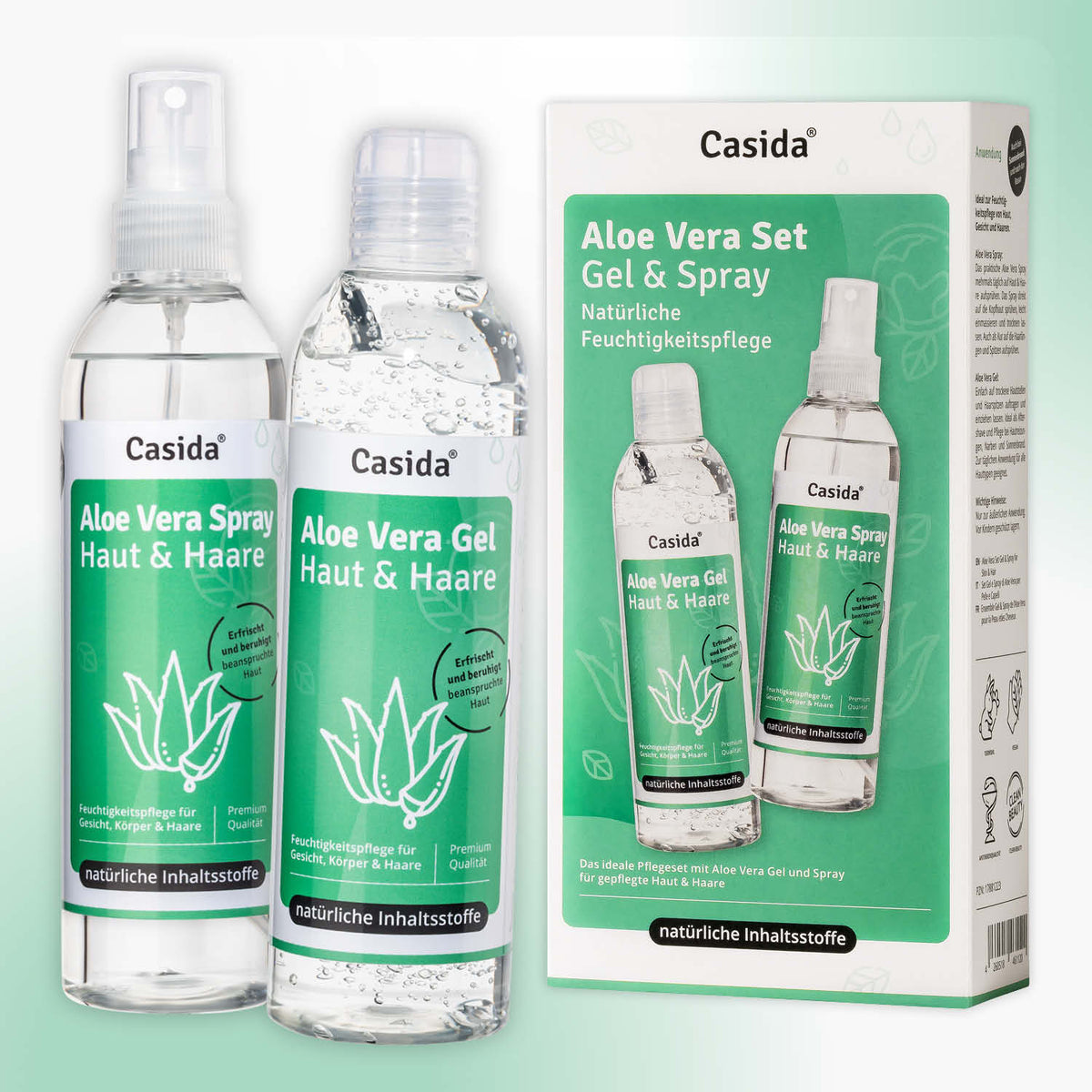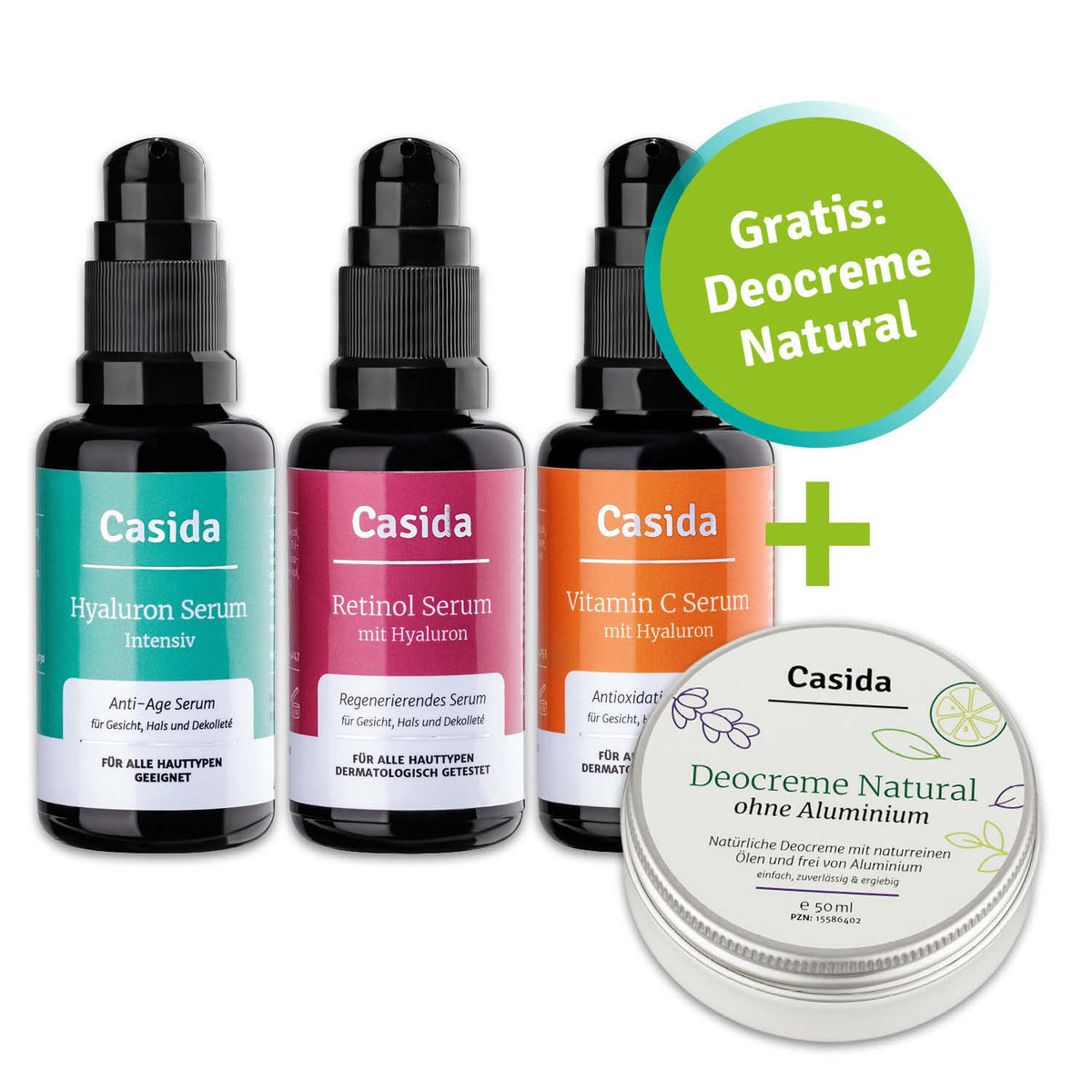Inflammation of the gums is also known medically as gingivitis and can have several causes. The acute or chronic infection of the gums is usually caused by bacteria that cause inflammation due to poor dental hygiene or gum injuries. In rare cases, gum inflammation is caused by viruses or fungi. Find out in the following guide which home remedies can help with gum inflammation and how you can prevent gum inflammation from developing in the first place.
Table of contents
1. what are the symptoms of gingivitis?
A distinction must be made between acute and chronic gingivitis. Acute gingivitis appears at the gum line and causes no pain. As a result, it goes unnoticed in most cases. Chronic gingivitis is when the disease lasts longer than a week. Chronic gingivitis is also usually painless. Although gingivitis does not cause pain, the following symptoms are associated with this condition:
- Bleeding gums
- Soft gums
- Inflammation of the oral mucosa
- Toothache
- Bad breath
- Pus sacs in the gums
- Swelling of the lymph nodes
- Recession of the gums
2 What are the causes of gingivitis?
- Poor oral hygiene
Poor oral hygiene is the most common cause of gingivitis. Pathogens multiply in the oral cavity if cleaning is irregular and not thorough. The most common pathogens are bacteria that are normally part of the natural oral flora and are harmless. However, they can lead to increased gum inflammation if, for example, food debris is not properly removed from teeth.
- Gum injuries
Even with good oral hygiene, gum inflammation can occur, e.g. due to gum injuries during intensive tooth brushing.
- Diseases and medication
Certain diseases such as diabetes or medication, e.g. for high blood pressure, can also increase the risk.
3 How does the disease progress?
- The initial stage is characterized by slight bleeding of the gums during tooth cleaning.
- In the second stage, the gums are more red and swollen.
- In the advanced stage, the gums recede and gum pockets appear.
4 How can I treat gingivitis myself?
The first step is thorough oral hygiene. It is advisable to use soft toothbrushes and dental floss. Antibacterial mouth rinses with clove oil can also help.
5. tried and tested household remedies for gum inflammation
Chamomile tea, medicinal plants such as sage, myrrh and thyme have an anti-inflammatory effect. Apple cider vinegar and baking soda (baking soda) are also tried and tested household remedies.
6 What does the treatment of gingivitis at the dentist look like?
At the dentist, gum pockets are cleaned and deep-seated plaque is removed. The dentist will also determine the Periodontal Screening Index (PSI) and carry out an X-ray examination.
7 How can I prevent gum inflammation?
Regular visits to the dentist, professional dental cleanings and thorough oral hygiene are crucial. Probiotics and essential oils can also be helpful.
Products for prevention:
- Mund-Gesund Fluid Repair & Protect - available from pharmacies, order no. 10086681
- Dental Repair Probiotics lozenges - order no. 14401553
- Mund-Gesund Fluid + with EM ceramics - order no. 10527688
Important note / Disclaimer: As pharmacists, we share our pharmaceutical expertise and wealth of naturopathic experience in the Casida guide. An individual diagnosis and consultation is necessary in every case. Therefore, this offer cannot replace medical advice. It is not intended to treat, cure or prevent any disease. It is not a substitute for medication or other treatments prescribed by a doctor.







